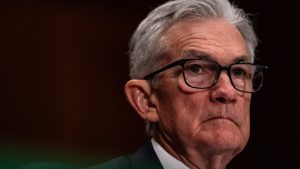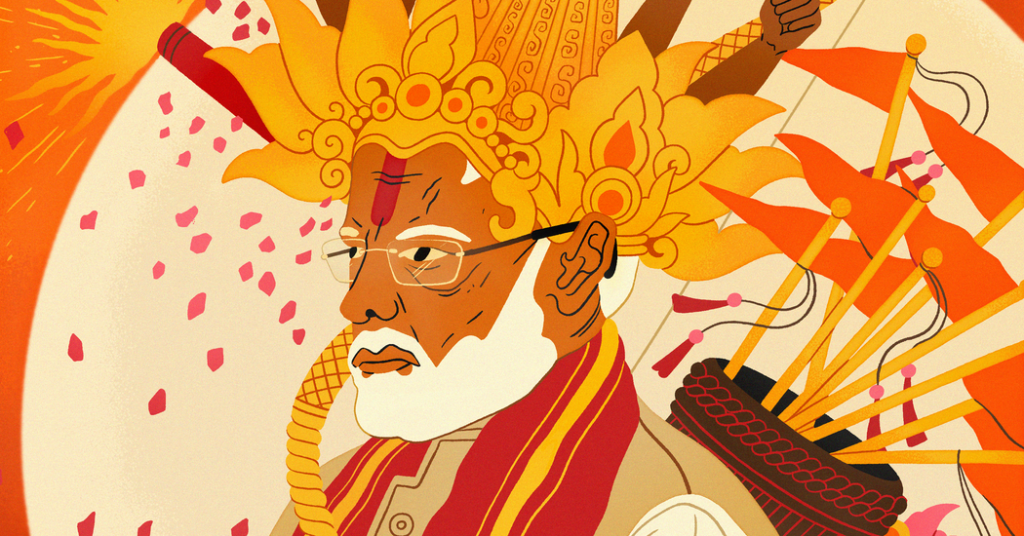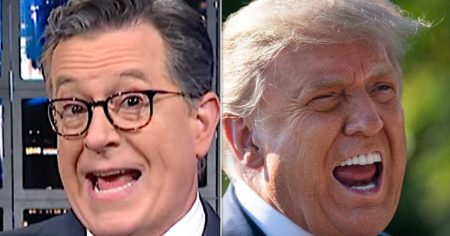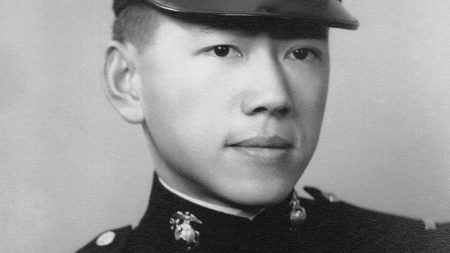The inauguration of a new temple in India has sparked controversy and divided the nation. The event was widely celebrated with front-page coverage in newspapers, fireworks, and festive sweets being shared among neighbors. However, many see this as a move by Prime Minister Modi to promote Hindu nationalism and diminish the importance of other significant dates in Indian history, such as Republic Day and Independence Day. The temple inauguration date was strategically chosen to overshadow Republic Day, turning the focus away from India’s secular and democratic values in favor of a Hindu utopia promoted by Modi.
Another controversial move by Modi was the declaration of Aug. 14 as Partition Horrors Remembrance Day, commemorating the bloody division of India in 1947. While sold to the public as a call for unity, this decision was criticized for its divisive implications, particularly towards the Muslim population in India. By highlighting the suffering of Hindus during the partition, Modi’s government has attempted to paint a narrative that questions the loyalty of India’s Muslim community. This move has been seen as a weaponization of historical events for political gain, particularly considering the violent role played by Hindu nationalists during the partition.
The Hindu right in power has also made other strategic moves to promote a monochromatic view of India’s history, such as replacing the old Parliament building with a new structure that emphasizes Hindu symbolism over the country’s diverse cultural heritage. These actions have been seen as part of a larger effort to push a Hindu nationalist agenda and reshape India’s identity in a way that marginalizes minority communities. As someone born into a Hindu family with a personal connection to the partition, the author reflects on the harmful impact of these divisive tactics and the importance of preserving India’s pluralistic heritage.
The temple inauguration date has been set to coincide with Republic Day, Jan. 26, which has been celebrated in India since 1950 to commemorate the adoption of a “socialist, secular, democratic” Constitution. The author highlights the contrast between the values enshrined in the Constitution and the Hindu nationalist agenda promoted by Modi’s government. The temple inauguration, which will be celebrated annually, serves as a reminder of the shifting priorities in Indian politics and the growing influence of Hindu nationalism on the country’s cultural and political landscape.
Overall, the author sees these actions by the Hindu right in power as dangerous attempts to rewrite India’s history and impose a narrow, exclusionary view of the nation’s identity. The politicization of historical events, such as the partition and the temple inauguration, has deepened existing divisions in Indian society and raised concerns about the future of secularism and democracy in the country. The author’s personal background and reflections on his family’s experience with the partition provide a poignant perspective on the impact of these divisive tactics on India’s social fabric and national identity.














